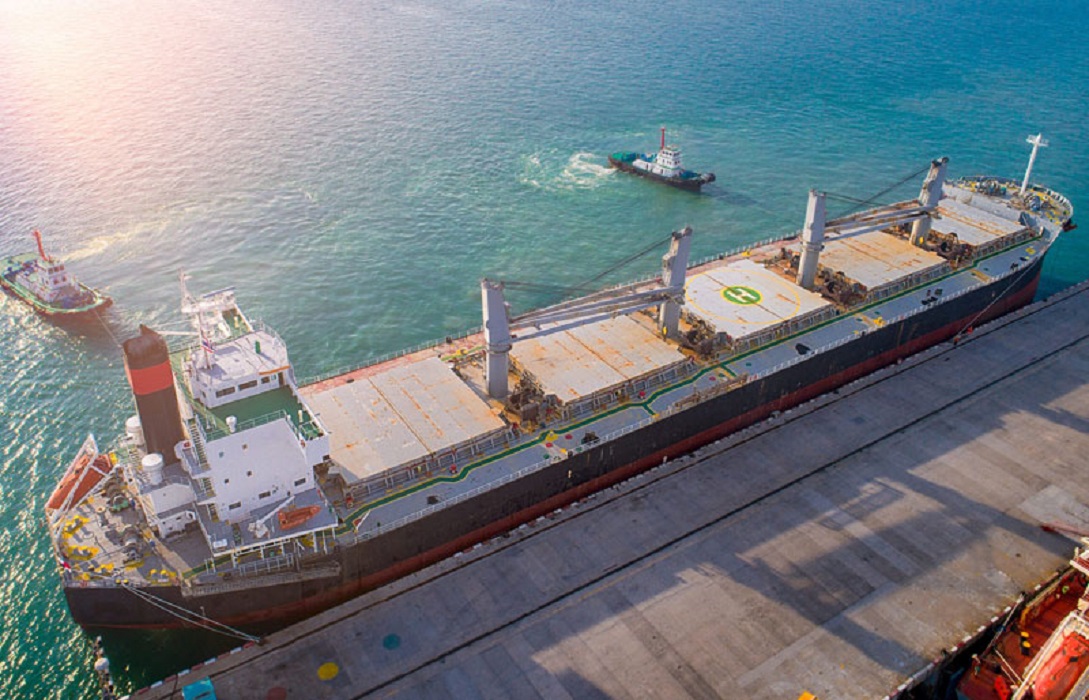Managing shipping operations in the Red Sea involves addressing various challenges, including geopolitical tensions, piracy concerns, and the strategic importance of the region for global trade. Shipping companies implement several strategies to navigate these complexities:
-
Risk Assessment and Planning:
- Shipping companies conduct thorough risk assessments to understand the geopolitical and security situation in the Red Sea region.
- Comprehensive planning involves evaluating alternative routes, considering the current political climate, and staying informed about potential threats.
-
Collaboration with Security Forces:
- Companies often collaborate with international naval forces and local security agencies to enhance the security of their vessels.
- Coordination with naval patrols and utilizing secure transit corridors contribute to a safer passage through the Red Sea.
-
Technology and Surveillance:
- Advanced technologies such as satellite tracking, radar systems, and surveillance equipment are employed to monitor vessels and detect potential security threats.
- Utilizing these technologies enhances situational awareness and allows for timely response to security incidents.
-
Private Maritime Security Companies:
- Some shipping companies hire private maritime security firms to provide armed guards on board vessels transiting through high-risk areas.
- These security personnel are trained to deter and respond to potential piracy threats, ensuring the safety of the crew and cargo.
-
Adherence to Best Practices and Guidelines:
- Shipping companies follow industry best practices and guidelines, such as those outlined by international organizations like the International Maritime Organization (IMO) and industry associations.
- These guidelines provide recommendations for vessel security, risk management, and the use of safe transit corridors.
-
Insurance and Contingency Planning:
- Companies invest in comprehensive insurance coverage to mitigate financial risks associated with potential security incidents.
- Contingency planning involves having response protocols in place to address emergencies, including hijackings or security threats.
-
Diplomatic Engagement:
- Engaging in diplomatic efforts and maintaining open communication with relevant governments and authorities in the region helps shipping companies navigate the geopolitical landscape and address potential challenges diplomatically.
By combining these strategies, shipping companies aim to ensure the safe and secure passage of vessels through the Red Sea, despite the various challenges posed by the region’s geopolitical dynamics.










